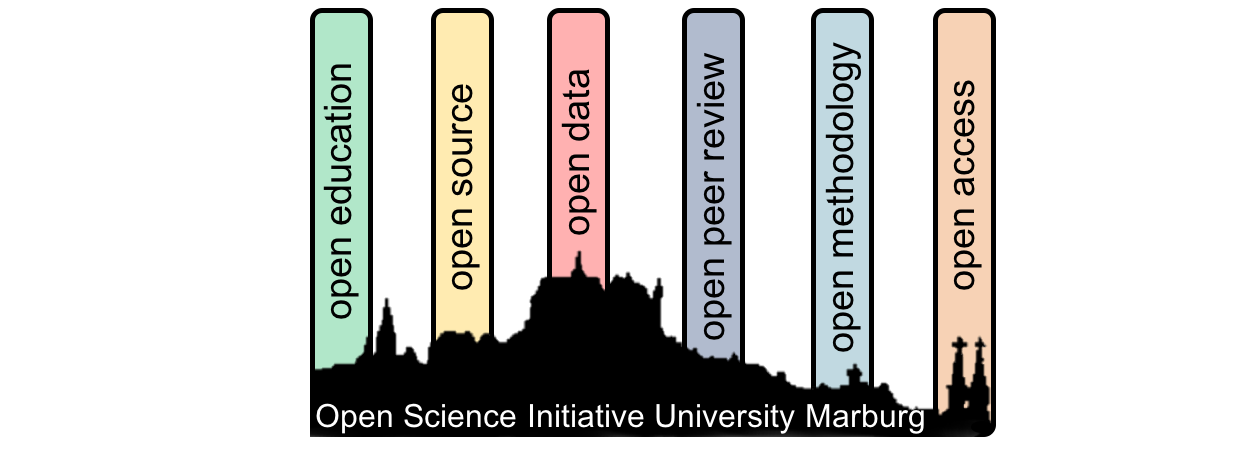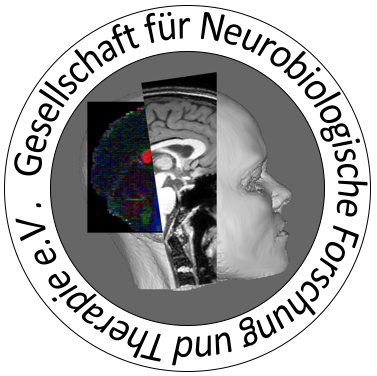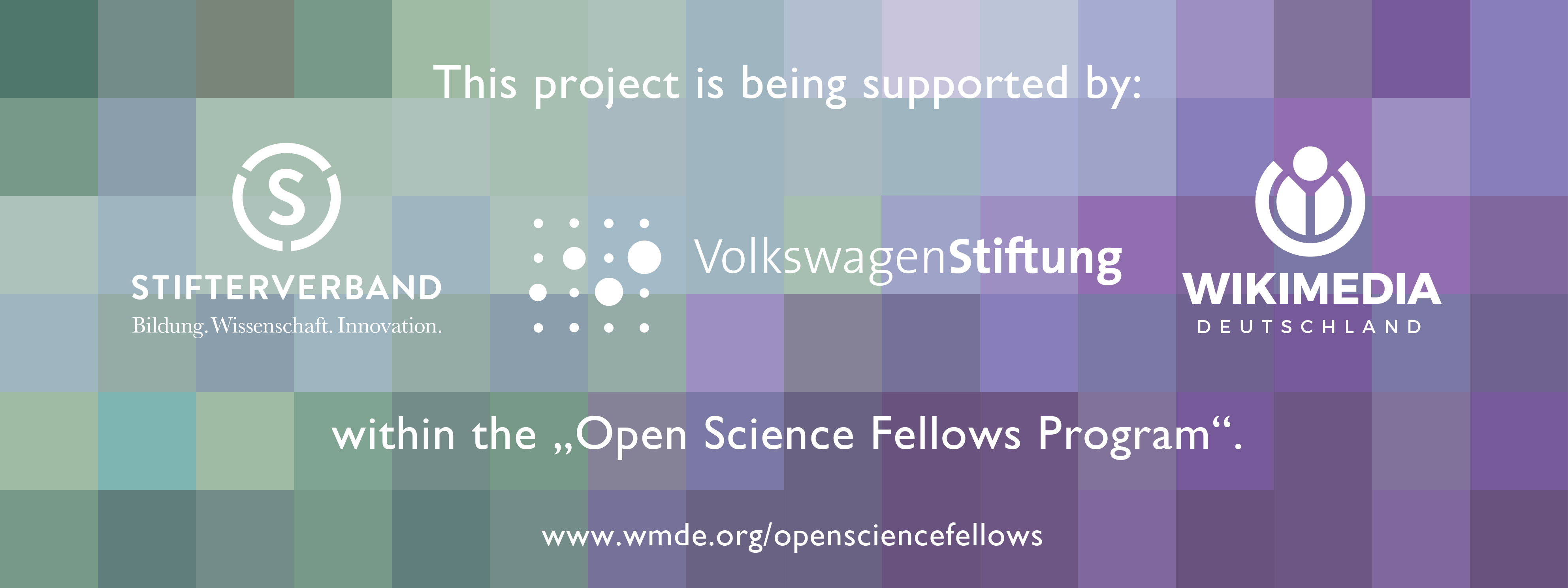Gain Skills
Learn about open and reproducible neuroscience methods and how to apply them using python.
Get Involved
Become an active part of a fun & fast growing movement.
Be Social
Meet researchers from a variety of backgrounds and career stages. Get to know them and their projects
Share
Bring everything you've learnend to your home institution.
Registration for the workshop is closed. The final attendees list is available here . We're truly sorry, that we couldn't offer everyone a spot, but as already mentioned we're planning to do the workshop again at several locations. Just stay tuned!
The 2018 "open and reproducible neuroscience using python" workshop is a satellite event of the 60th TEAP and is organized by the Open Science Initiative University of Marburg, as well as Michael Notter, Dejan Draschkow & Jona Sassenhagen. The goal of the workshop is to bring together researchers with diverse backgrounds to learn about open and reproducible neuroscience.
Dates: March 9-11, 2018
Costs: completely free (through the support of our awesome sponsors)!, you'll get onsite breakfast, lunch and refreshments
Location: Marburg, Germany.
What we need from you: affiliation, contact information (mail, twitter, github, etc.), if you'll bring your own computer or not, level of python experience & love, diet (gluten free, vegan, etc.) and most important: fun and good times!
Note: to enable and ensure close and direct supervision the number of attendees is limited to 25. If more than 25 people register, we'll put a weight on geographical proximity such that peeps from further away will be given priority. Peeps from the rhine-main area will get their own workshop soon after! Information about the attendees and if you're in or on the waiting list are here.
Please join the Brainhack Slack team for updated information on the workshop and it's content, as well as to contribute your own ideas.
Instructors
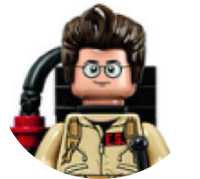
Michael Notter
Michael is in the middle of his PhD in cognitive neuroscience at the University of Lausanne. He got first in contact with python, nipype and openscience seven years ago and is a huge fan of them ever since. If he's not writing another guide for something, he's probably taking care of his daughter or eating chocolate.
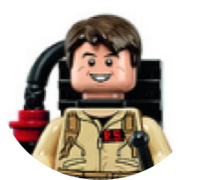
Peer Herholz
Peer is currently doing his PhD in cognitive and computational neuroscience at the Phillips-University Marburg. He became active in the open science movement through the brainhack series. His playlists feature everything from Taylor Swift to the weirdest post-rock/drone-doom you've ever heard.

Dejan Draschkow
Just recently finished his PhD, but already working as a substitute professor, Dejan's work at the Goethe University focuses on the way memory represenations are modulated by naturalistic behavior in real and virtual enviroments. One can usually find him wearing virtual reality headsets and rapping in the lecture hall.
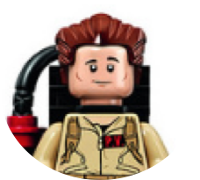
Jona Sassenhagen
Jona has a PhD in Linguistics and is currently working as a Postdoc at the Goethe Uni’s psychology department’s cognitive neuroscience lab. He's a core member of the MNE-Python developer team. Also he likes Star Trek more than Star Wars.
Lego profile pics created from a photo by Vyn Raskopf
